While a war of words between the United States and Russia continues over the future of Ukraine, another crisis is intensifying thousands of miles away.
Since the final communist offensive in the Chinese Civil War forced Chiang Kai-shek and his Kuomintang (KMT)-led government forces to flee to Taiwan in 1949, the relationship between China and Taiwan has been hostile and at times aggressive. For 72 years, the Taiwan Strait has lay at the heart of Asia's most dangerous geopolitical fault line.
The takeover of the Chinese mainland by the Chinese Communist Party (CCP) in the fall of 1949 came as a shock to the American people. For years, members of the intelligentsia had confidently predicted that China would become a great—and pro-American—power after World War II.
Instead, both the Republic of China (ROC), aka Taiwan, and the People's Republic of China (PRC), aka Mainland China, claim to be the legitimate government of all China.
Military Tensions Are at Their Worst Point in 40 Years
No peace treaty or armistice has ever been signed. Now, conditions between the two nations have deteriorated to their lowest point in four decades.
This past week, satellite imagery from the European Space Agency showed a Chinese nuclear-powered submarine lurking in the Taiwan Strait, adding to the military pressure from Beijing. For years China has provoked the Taiwanese military short of war to wear down the island's limited military capabilities.
The Express reports on the conditions on the ground:
It has been suggested by an expert that Beijing was building mock-up targets of U.S. aircraft carriers in order to help troops train for real-life operations.
Taiwanese defence minister Chiu Kuo-cheng on Monday said that the recent developments in the Taiwan Strait have made the tension even hotter.
China has fantasized about taking Taiwan back for seven decades. While some past leaders like Deng Xiaoping saw reunification as a diplomatic project, CCP General Secretary Xi Jinping has been far more belligerent. Yet certain realities kept him in check. Above all, the global reach and power of the U.S. Armed Forces remained a stubborn impediment to his dreams of conquest.
But War Could Come Soon
However, Beijing's fears of an invasion of Taiwan turning into a bloody logistical nightmare have shifted in recent years. China's success in building the world's largest navy and its investment in next-generation weapons, like anti-ship ballistic missiles capable of penetrating the interconnected air defenses of a U.S. carrier strike group, lay bare the United States' vulnerabilities when fighting so far from home.
Indeed, a recently declassified military simulation conducted by the U.S. Air Force last year suggests that the U.S. Armed Forces, as the situation currently stands, couldn't save Taiwan.
Unfortunately, its findings weren't surprising for many.
Yahoo! News describes how China has used that knowledge to escalate its intimidation tactics:
In case the new U.S. administration failed to get the intended message behind all that provocative military activity, four days after President Biden took office, a large force of Chinese bombers and fighters flew past Taiwan and launched simulated missile attacks on the USS Roosevelt carrier strike group as it was sailing in international waters in the South China Sea.
Little wonder that many foreign affairs and national security experts believe the global pandemic has accelerated trends that were already pushing the United States and China toward a potential confrontation as the world's leading status quo and rising power, respectively. This month the Council on Foreign Relations released a special report, “The United States, China, and Taiwan: A Strategy to Prevent War,” which concluded that Taiwan “is becoming the most dangerous flash point in the world for a possible war” between the United States and China. In Senate testimony on Tuesday, the head of U.S. Indo-Pacific Command, Adm. Phil Davidson, warned that he believes China might try and annex Taiwan “in this decade, in fact within the next six years.”
For Millions, the Stakes Couldn't Be Higher
It's no exaggeration to say that for tens of millions of human beings that the stakes couldn't be higher.
In the China-Taiwan crisis, meeting the threat and standing up to Xi is the United States' only credible option. China's defense ministry has already said there's “no room for compromise” when discussing Taiwan. The United States must look to the future and continue investing in hypersonic glide vehicles and other next-gen weapons as a deterrent. The Department of Defense's Joint Hypersonics Transition Office is looking into space launched weapons systems. However, orbital platforms remain in the preliminary stages of the development phase. Meanwhile, our latest hypersonic weapon programs aren't ready for deployment. The U.S. Army expects to deliver its first long-range hypersonic missiles to field units next year.
With China's military capabilities increasing exponentially every year, the clock is ticking.
But any attempt to save Taiwan from an invasion will be for naught if President Biden hesitates during the first crucial hours as China's People's Liberation Army Air Force (PLAAF) destroys Taiwan's air defenses and the People's Liberation Army (PLA) establishes a foothold on the island. Biden has previously said that Congress should decide whether or not the U.S. should defend Taiwan. He hasn't elaborated on what he'd do if China achieves a significant advantage before the U.S. can respond in force.
What If Biden Does Nothing?
If Biden does nothing, it will signal to the world that the U.S. cannot be depended upon, we are overtly corrupt and that countries threatened by hostile regional powers would be better off making a deal with them to save their skins.
But not everyone thinks that Taiwan is on the brink of disaster.
Henry Kissinger is one of the few foreign policy leaders challenging that narrative.
The former National Security Advisor and Secretary of State recently told CNN's Fareed Zakaria that the situation between China and Taiwan hadn't changed much since his time in the Nixon administration. While Kissinger acknowledged that the “ultimate joining of Taiwan and China” is one of Beijing's primary objectives, he believes that Biden's attempt to change the U.S.-China relationship could bear fruit. Kissinger compared the administration's strategy to President Nixon's rapprochement with China.
Only American Can Keep Taiwan Safe
On the other hand, David Keene, a Taiwan expert and ally since the days of Chiang Kai-shek, had a markedly different response, contending that, at some point, “China is likely to do what it can to take Taiwan.”
Keene added that “Taiwan is safe from an actual invasion only as long as Beijing believes we have Taipei's back along with the capability to make an invasion too costly.” Keene's judgment is sound, for although China could technically invade Taiwan today, the price could be horrendous, and would likely be too much for Xi Jinping if powerful U.S. military assets were present on the island.
Fortunately, some officials in Washington remain willing to stand up to Xi's saber-rattling.
Earlier this month, five U.S. lawmakers—mostly Democrats—met with Taiwan President Tsai Ing-wen in a surprise visit. The unmistakable display of solidarity infuriated Xi, who had tried to get the congressional delegation to cancel their trip.
The auto industry's largest supplier of microchips is here in Taiwan, so supply chain issues will most definitely be on the agenda.
— Rep. Elissa Slotkin (@RepSlotkin) November 25, 2021
When news of our trip broke yesterday, my office received a blunt message from the Chinese Embassy, telling me to call off the trip. (2/3)
At the same time, other concerns that could affect America's response stubbornly persist, including Hunter Biden's shady business dealings. We know that Hunter, his Uncle Jim Biden and others received a lucrative payout for arranging a deal on behalf of a Chinese government-linked energy conglomerate. “The big guy”—allegedly Joe Biden—was one of the others. That's according to Tony Bobulinski, a former associate of Hunter Biden who publicly disclosed his misgivings about the Bidens in an interview with Fox's Tucker Carlson.
If President Biden was indeed a secret partner in his son and brother's Chinese dealings, it could have disastrous consequences for both Taiwan and the United States.




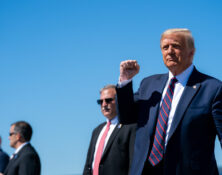







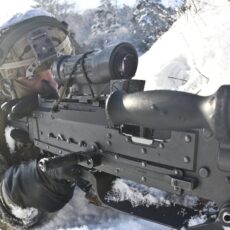
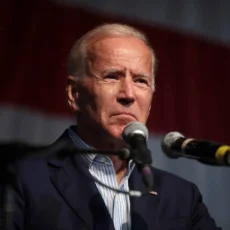
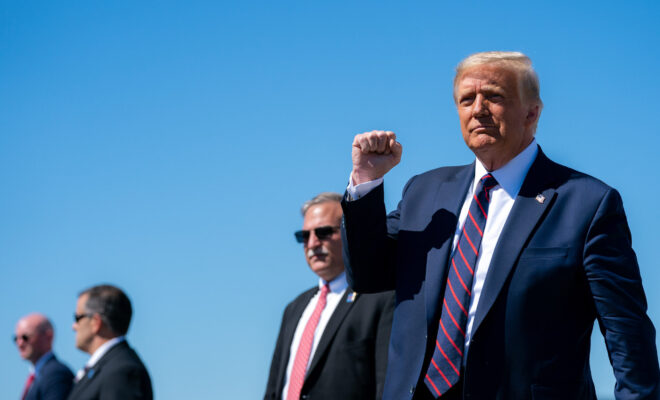
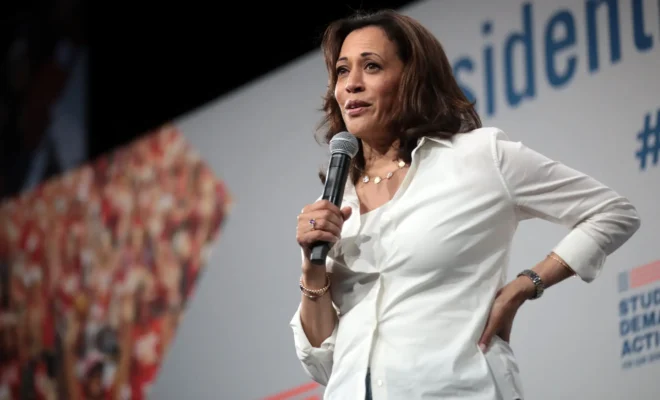
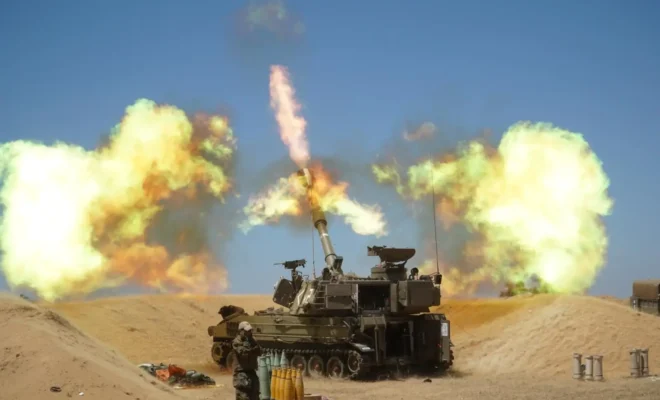
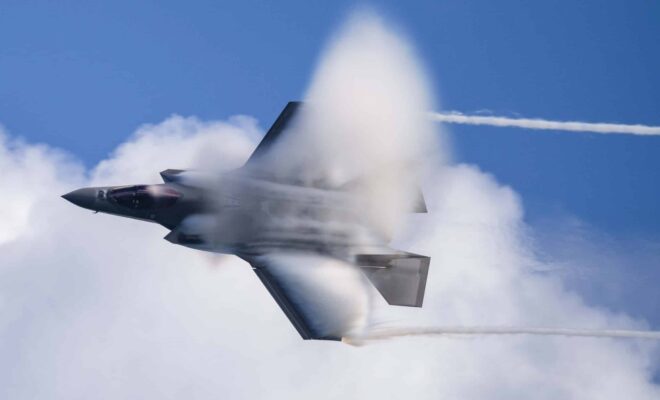
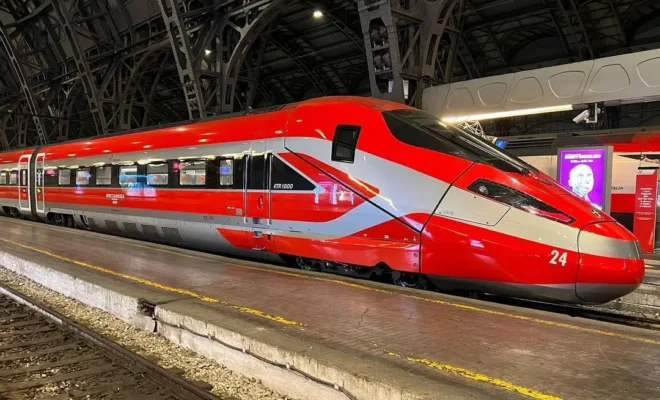
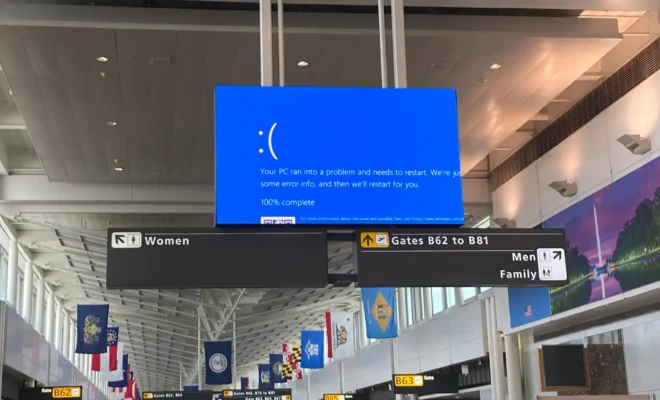
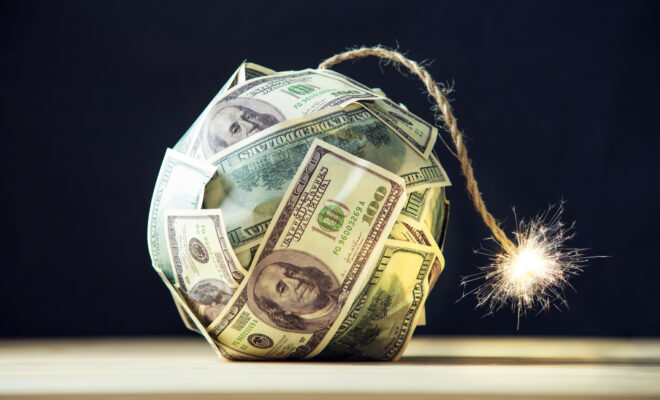
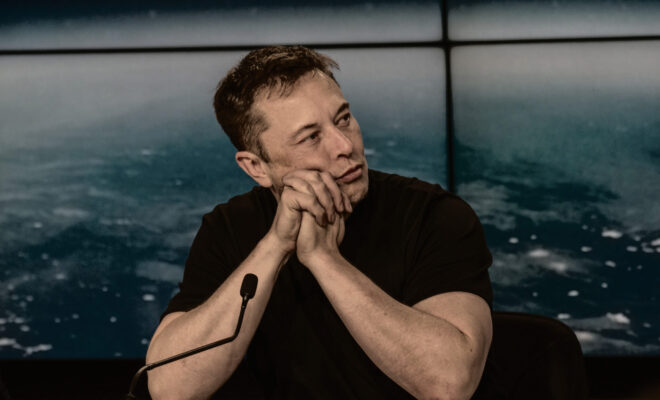
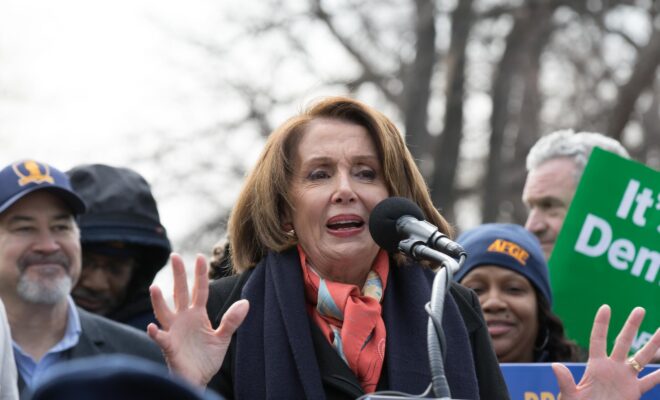


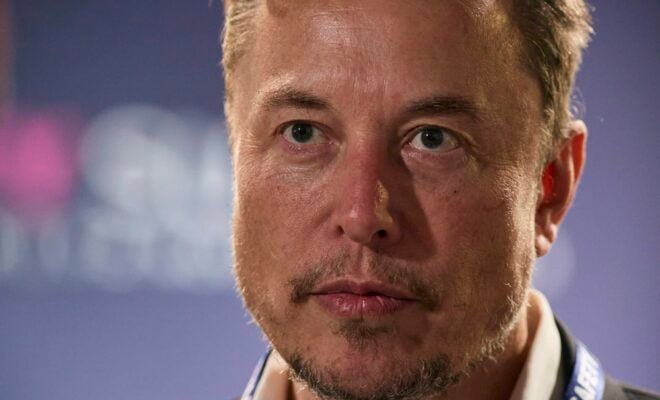
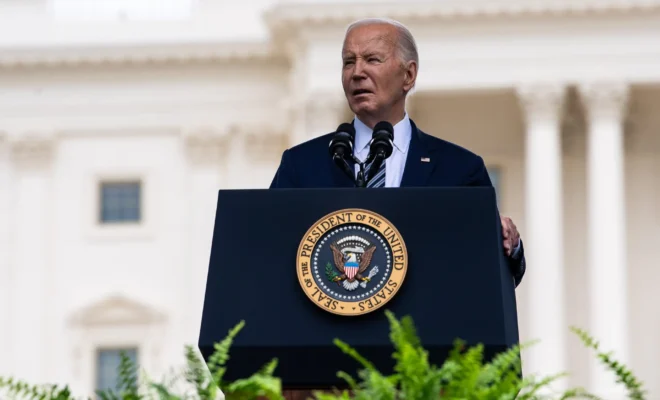
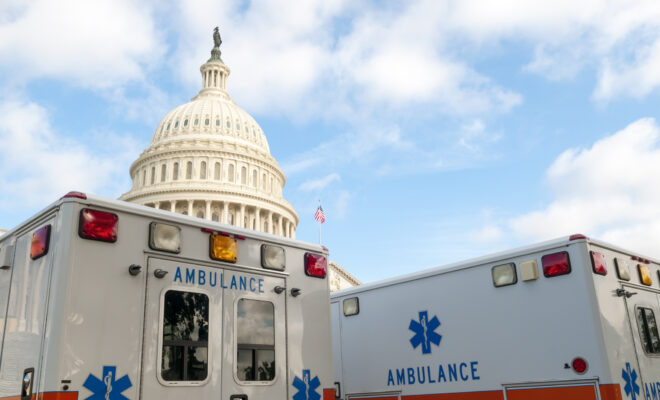
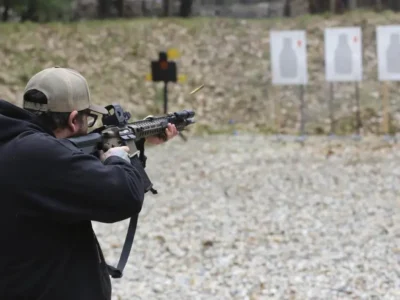




It was President Truman that decided that One billion Nationalist Chinese that fought against Japan and the Communists should be abandoned.
It was President Truman that decided that Backstabbed General MacArthur and turned victory into a draw.